CADGME Online Gathering 2021
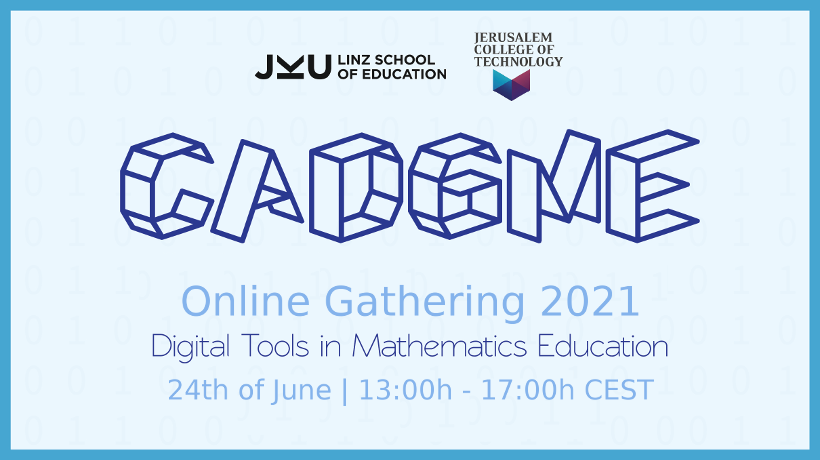
The CADGME community wishes to remain together despite the Covid-19 crisis. Therefore, we are happy to invite you to attend the CADGME 2021 Online Gathering which will take place on Thursday, June 24rd, 2021 13:00-17:00.
Place: Zoom - for Speakers - YouTube Stream for participants:
https://www.youtube.com/c/LinzSTEAMEducation
Participation: Participation is Free of Charge
Registration:
Form: https://forms.gle/S7moMteUASAVH9hZ8
Deadline: 21 June
Host: Zsolt Lavicza, Johannes Kepler University
Zoom details: https://jku.zoom.us/j/92469528715?pwd=TDNSZUZhTUVBL1h3VHJ5Tk45NWgyZz09
Meeting-ID: 924 6952 8715
Password: CADGME2021
Schedule: (Central European Summer Time CEST):
13:00-13:15 - Opening - Noah (Thierry) Dana-Picard, Csaba Sarvari, Sara Hershkovitz, Zsolt Lavicza, Kristof Fenyvesi
13:15-13:45 - Michal Tabach - Tel Aviv University - Israel
Incorporating a digital game into regular mathematics classrooms to learn to solve linear
equations
13:45-14:15 - Attila Szabo - Stockholm University - Sweden
Are there any connections between giftedness and creativity in mathematics? And is it
possible to use computer programming in order to develop mathematical talent?
14:15-14:45 - Zoltan Kovacs - Johannes Kepler University Linz - Austria
[Co-authors: Tomás Recio - Universidad Antonio de Nebrija - Spain
M. Pilar Vélez- Universidad Antonio de Nebrija - Spain
Róbert Vajda - Bolyai Institute - Hungary]
Towards a direct proof of Euler's inequality in a dynamic geometry system
14:45-15:00 - Break
15:00-15:30 - Yaniv Bitton - Centre of Educational Technology - Israel
Fractions - My Way
Talli Nachlieli - Levinsky College of Education – Israel
Introducing PRAQTAL: Practices for quality teaching in mathematics.
Noah (Thierry) Dana-Picard and Sara Hershkovitz - Jerusalem College of Technology - Israel
Exploration of polygons and polyhedra in a STEAM framework
15:30-16:00 - Maria Flavia Mammana - University of Catania - Italy
Mario Pennisi - University of Catania - Italy
Daniela Ferrarello - University of Catania - Italy
Eugenia Taranto - University of Catania - Italy
Technology and laboratorial activities: the experience of the Math Education Research Group
at the University of Catania
16:00-16:30 - Yves Kreis - University of Luxembourg - Luxembourg
Ben Haas - University of Luxembourg - Luxembourg
Iterative STEAM design in primary grades and in pre-service teacher training
16:30-17:00 - Closing and Farewell
Scientific Committee
Find the members of the Scientific Committee here.
Speakers
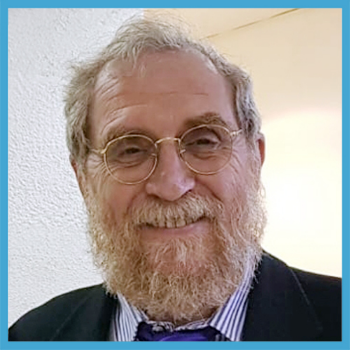 | 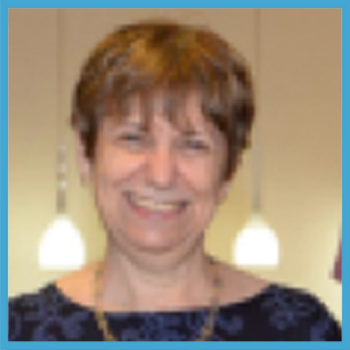 |
| Noah (Thierry) Dana-Picard is a Professor of Mathematics at Jerusalem College of Technology (JCT). He has two Ph.D.s, one from France and one from Israel. Since he finished his period as president of JCT, he is the director of a Chair for Mathematics, Education, and Judaism. He is an active researcher in Mathematics, Mathematics Education with a strong orientation to ICTs and STEAM Education. | Sara Hershkovitz retired from The Center for Educational Technology (CET) In Israel, after 4 decades. During 27 years (till 2017) she was the head Mathematics Department and led the development of dozens of CET’s Math textbooks for primary and secondary schools, as well as the interactive digital content and the digital textbooks, and led the development of the online course in Math for high school, which is a part of CET’s Virtual High School (VHS). Currently she is the head of Math. Dep. at Levinsky College of Education, Tel-Aviv, Israel. |
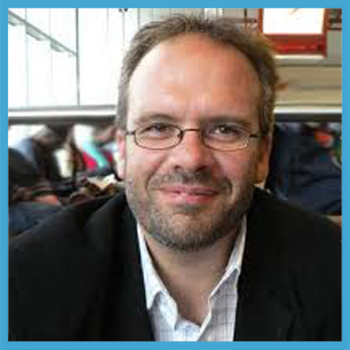 | 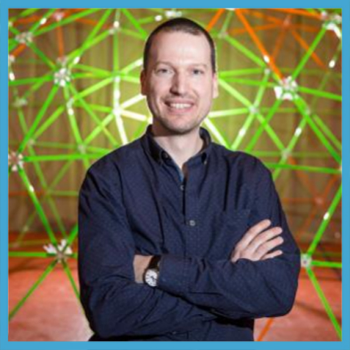 |
| Zsolt Lavicza is a university professor in STEM education research methods at the Department of STEM Education, Linz School of Education, Johannes Kepler Universität Linz Austria. He has worked on several research projects examining technology and mathematics teaching in classroom environments. He has greatly contributed to the development of the GeoGebra community. | Kristóf Fenyvesi, PhD (b. 1979) – is a researcher of STEAM (Science, Technology, Engineering, Arts and Mathematics) Trans- and Multidisciplinary Learning and Contemporary Cultural Studies in Finland, at the Finnish Institute for Educational Research, University of Jyväskylä. Member of the Research Group for Innovative Learning Environments and Research Group for Education, Assessment & Learning. |
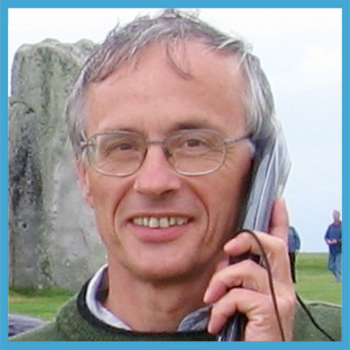 |
|
| Csaba Sárvári is an emeritus Associate Professor from the Department of Mathematics, Faculty of Engineering and Information Technology, University of Pécs (Hungary). His main research interests are Computer Algebra Systems (CAS) in mathematics education and number theory. He has written numerous papers and organised conferences on CAS in mathematics teaching. He is co-founder of CADGME conference series with Zsolt Lavicza. | Zoltán Kovács is an assistant professor at The Private University College of Education of the Diocese of Linz, Institute of Initial Teacher Training (Austria), since 2015. Team member of Center of Mathematics Education of Linz at University of Linz, Department of Mathematics Education. Core developer at GeoGebra, since 2010. Author of over fifty published scientific papers and hundred scientific communications (including various software packages) in different international journals and conferences. |
| | |
| Attila Szabo, PhD, is an associate professor at the Education administration in Stockholm and affiliated researcher to Stockholm university. He is a board member of the Swedish Institute of Educational Research. Attila’s research currently focuses on mathematical giftedness and on aspects of prospective mathematics teachers´ education. He has taught mathematics in secondary school and at university level. Also, he is author of a textbook series for secondary school mathematics in Sweden. | Yaniv Biton received a Ph.D. in math education form Technion - Israel Institute of Technology. For many years, he was the director of the Virtual High School at Center for Educational Technology (CET), Tel Aviv. He is currently the head of the mathematics department at CET. He is also a faculty member at the Shaanan Academic College of Education in Haifa. His research focuses on assessment and technology in mathematics education. |
| | 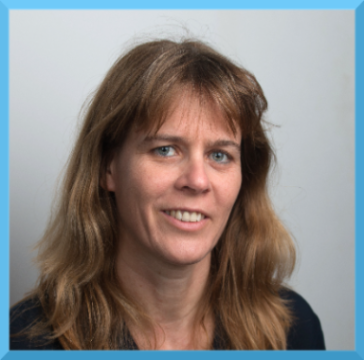 |
| Michal Tabach Integrating technology into mathematics education is a challenge I have been facing for three decades – first as a mathematics teacher and designer of curriculum resources, and currently as a researcher. As a young secondary school teacher, I regularly taught algebra and geometry with open digital tools. In parallel, I worked towards developing tasks and resources for teaching and learning in digital environments. Naturally, as I became more involved in research, I focused on learning mathematics in an open digital tools environment. However, it soon became clear that teachers were key to successful digital integration. This led me to my current focus, teacher education. I am now leading projects aimed at helping practicing teachers integrate technology into their practice, taking into consideration their pedagogical-mathematical needs. I have been a lecturer and researcher at Tel-Aviv University for 13 years. | Talli Nachlieli is a mathematics educator and researcher at Levinsky College of Education. Her research interests include teacher preparation and education, and mathematics classroom discourse. Head of PRAQTAL project: PRActices for Quality Teaching in mathematics and physics. |
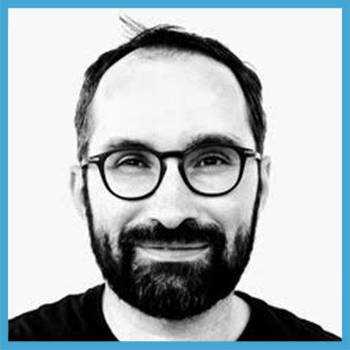
| 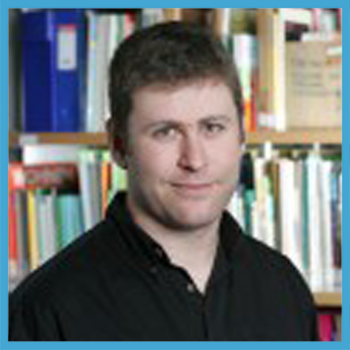
|
| Ben Haas is a PhD Student at the Johannes Kepler University in Linz and a special needs teacher in an elementary school in Luxemburg. Furthermore, he is co-teaching as an adjunct senior lecturer in the mathematics didactics courses for pre-service elementary school teachers at the University of Luxemburg. | Yves Kreis is a Senior Lecturer at the Institute of Applied Educational Sciences of the research unit Education, Culture, Cognition and Society of the Faculty of Language and Literature, Humanities, Arts and Education of the University of Luxembourg. He has a PhD in educational sciences (Dr. paed.) of the University of Education Ludwigsburg (Germany). |
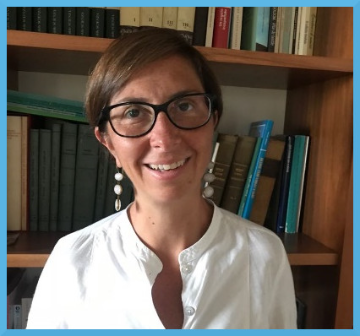 | 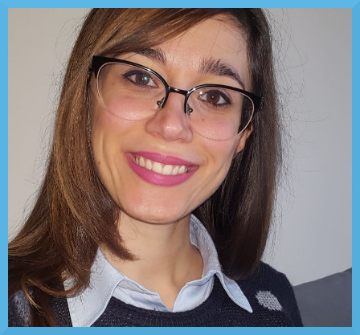 |
| Maria Flavia Mammana is Associate Professor at the University of Catania where she teaches math education courses. Her main research interests are the role of technology in teaching/learning math, outdoor math trails, elementary geometry, serious games, 3D-printing and collaborates to the MaSCE3 and Asymptote Erasmus+ projects. She coordinates several math teacher training programs. | Eugenia Taranto, Ph.D. in Pure and Applied Mathematics, is currently a post-doc researcher and lecturer at the University of Catania. Her research interests include: MOOCs (Massive Open Online Courses) for mathematics teacher education – in particular, she collaborated to the design and delivering of 5 Italian MOOC and she is the instructional designer of an international MOOC; technologies to mediate the teaching and learning of mathematics (dynamic geometry systems, MathCityMap, learning videos, serious games ...). She collaborates to the MaSCE3 and Asymptote Erasmus+ projects. |
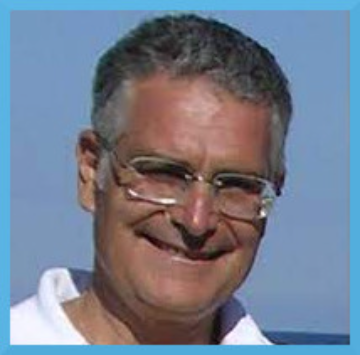 | 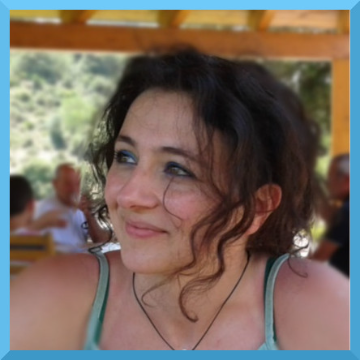 |
| Mario Pennisi is Associate Professor at the University of Catania. His research interests involve Foundations of Geometry and Didactics of Mathematics with technologies. He coordinates several mathematics competitions for middle and high school students, and since three years also teams’ math competitions with the aim to improve students’ attitudes toward mathematics. | Daniela Ferrarello is an Associate Professor of Mathematics education and history of mathematics, at University of Catania (Italy) - Department of Agriculture, Food and Environment. She works on the field of Mathematics’ Education and Fundaments of geometry, inside the Team of Research and didactic experimentation of the Department of Mathematics and Computer Science (University of Catania). |